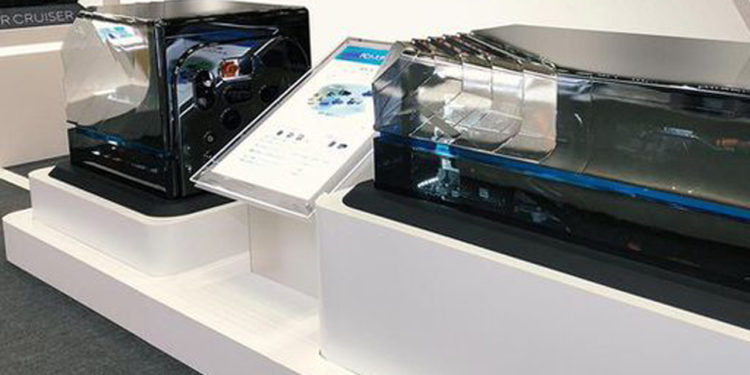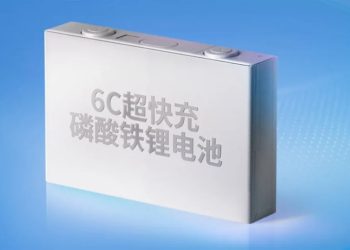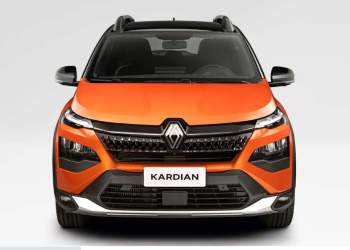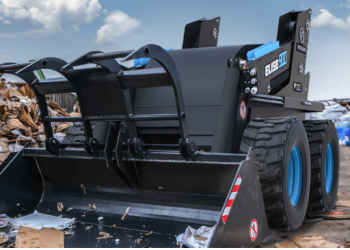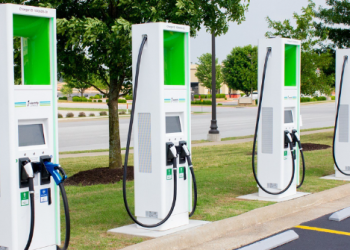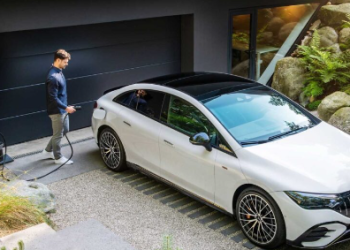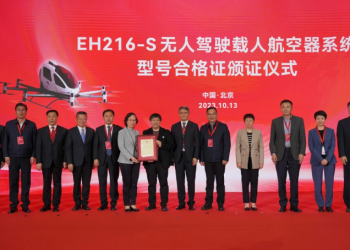In recent months, Toyota has made it clear that they are testing their hydrogen fuel cell in several vehicles, such as trucks, buses or boats.
In that sense, the Japanese brand has demonstrated once again that they remain in the trend of 100% ecological means of transport. On this occasion, they announced a development in hydrogen fuel cells for trains.
Considering that at present it is not viable to electrify the tracks and train systems -if this transformation were generated, only short routes could be made- the Japanese giant has joined a plan with Spanish companies -such as ADIF, CAF and Renfe- to replace trains with diesel engines.
The project has been called “UE FCH2RAIL” (Fuel Cell Hybrid Power Pack for Rail Applications) and will be applied in various parts of Europe.
Toyota Motor Europe will provide two hydrogen fuel cell modules, which the firm unveiled in mid-February. The models are Type I vertical and Type II horizontal and weigh between 240 and 250 kilograms, with the capacity to supply 60 to 80 kilowatts with a voltage of 400 to 750 V.
Read also: The first commercial hydrogen-powered cargo ship will debut in September
It should be noted that both components are made up of a cooling system, a hydrogen pump and a battery; a combination that is undoubtedly favorable for the environment.
The project will have a 17 million dollars budget and it is stipulated that in a period of 4 years it will produce a previously validated solution.
Why not electrify the trains?
The electrification of rail transport could perhaps be extended more than expected given the complexity (and cost) of adapting the tracks to this type of technology.
This is why in recent years projects have been developed in European countries such as Germany and France, in which the figure of hydrogen stands out as an element to drive this type of vehicle, considering that it is ideal in trains that must travel long distances and carry considerable weight.
Written by | Osward Rubio




